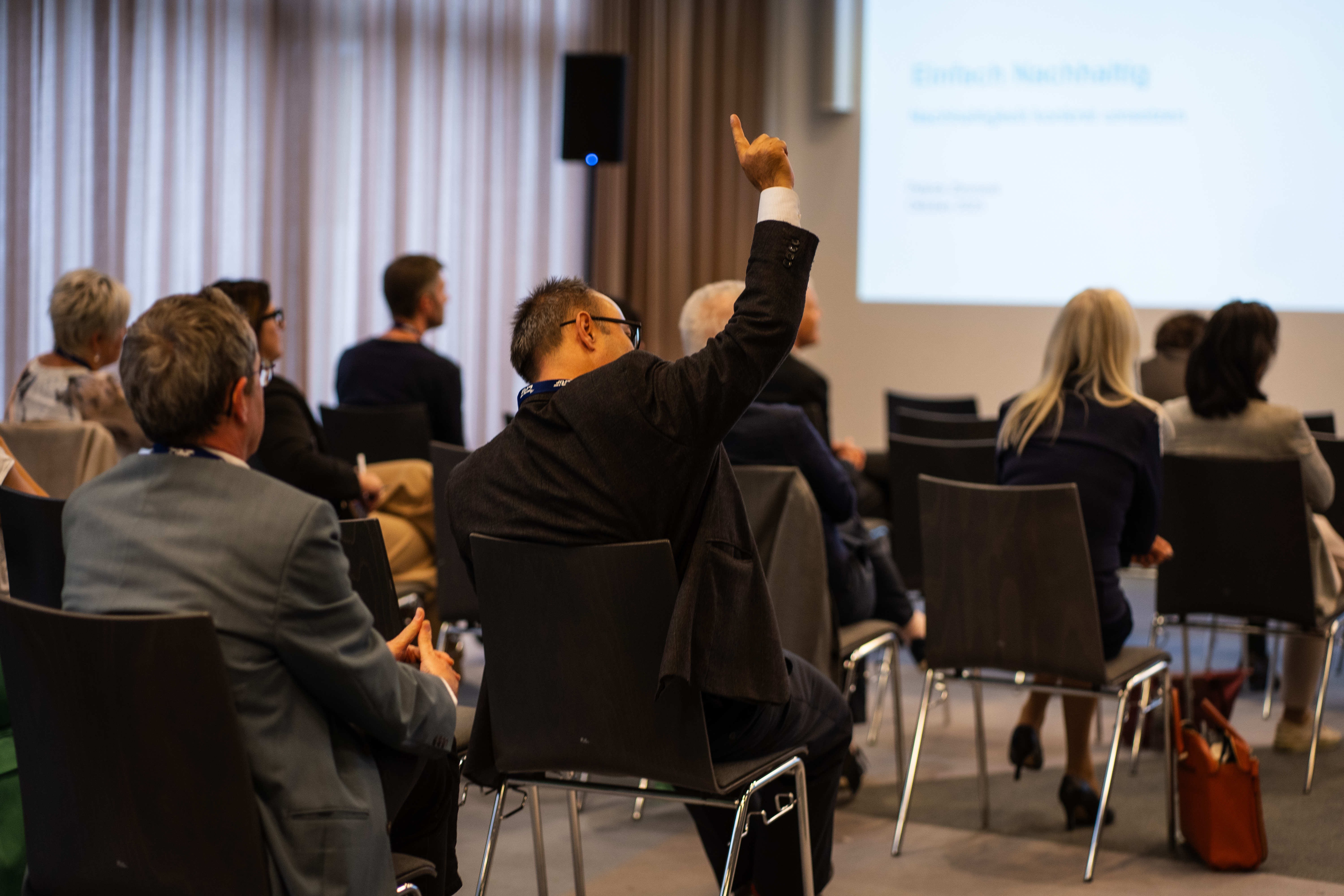
The banking sector has a transformative role to play as a catalyst and enabler of a systemic acceleration towards a more sustainable economy, with the challenging mission of rapidly inducing change in consumer, lender and investor behaviour, and perhaps more importantly, in the broader society as a whole. The Horizon 2020 Energy Efficient Mortgages Initiative (EEMI) Bauhaus model is intended to support this process and build a new methodological approach to propose a strategic harmonic roadmap to accelerate the green and social transition.
Exciting ideas around sustainability are emerging and should be introduced in a pragmatic way into the daily lives of families with a ‘real economy’ implementation strategy to help market players and citizens transform challenges into opportunities. This revolution requires the construction of solid pillars, starting from complete convergence in governance across EU authorities in the European political infrastructure to local authorities involved in the day-to-day life and expectations of citizens. In this way, we can secure coordination in the efficient deployment of monetary and fiscal policies.
BUILDING TRUST THROUGH COOPERATION
Efforts to deliver a green financial sector go hand in hand with this process of ‘greening’ the real economy, and extreme care should be taken to ensure cooperation and coordination which will mitigate the risk of speculation and greenwashing. Digital solutions and data gathering exercises should support the market in closing the data gap and securing a credible and sustainable ‘greening’ of the sector.
Europe’s citizens currently live in approximately 220 million dwellings, three quarters of which need to be renovated in order to meeting the EU’s ambitious climate and energy savings targets.
At this time of change and opportunity, the Horizon 2020 funded EEMI project is taking the lead in ‘joining the dots’ and seamlessly integrating all market participants, including lenders, investors, start-ups, SMEs and utilities into a new value chain, known as the EEMI Home Ecosystem
The Trento EEMI Bauhaus Week (13-16 Feb 2023) is the first in a series of market events intended to launch a new movement in the design, scale-up and roll-out of home ecosystems globally through the exchange of ideas, knowledge and best practice between financial actors, SMEs, start-ups, architects, scientists and academics, local authorities, to name but a few. Together, these actors have the potential to design and deliver a new market paradigm and blueprint, built around clear best practices and market benchmarks, which can shape and drive massive qualitative improvements for the market and for millions of families around the globe



